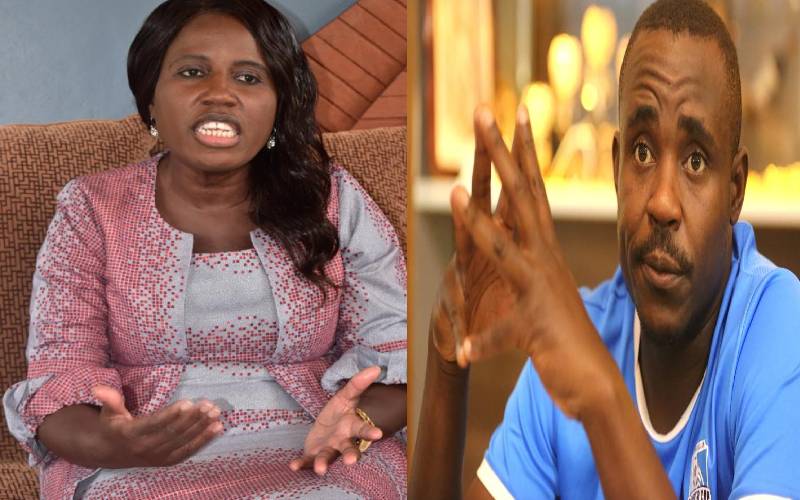×
The Standard e-Paper
Home To Bold Columnists

In what might have been a deliberate attempt at giving women a fair shot at politics in the male-dominated field, Senator Cleophas Malala chose Dr Beatrice Muganda Inyangala as his running mate in the Kakamega gubernatorial contest.
She adds to the number of women leaders who are boldly laying a stake in the world of politics, and doing so with self-confidence. Dr Inyangala might be new in the murky world of politics, but she is an accomplished scholar who has a track record in leadership and planning.